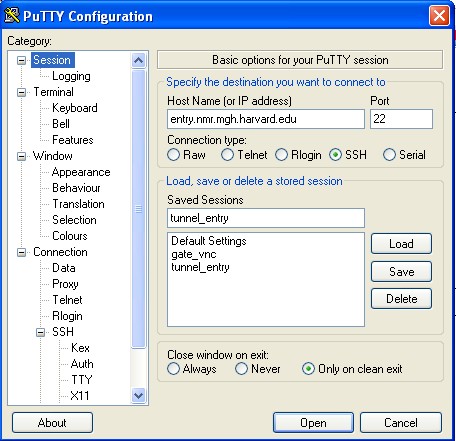FREE SSH Tunnel – An Alternative to VPN


SSH, the Secure Shell, is a standard protocol that encrypts communications between your computer and a server. The encryption prevents these communications from being viewed or modified by network operators. SSH can be used for a wide variety of secure communications applications, where secure log-in to a server and secure file transfers (SCP or SFTP) are the most common. SSH is a good alternative to VPN.
SSH is especially useful for censorship circumvention because it can provide encrypted tunnels and work as a generic proxy client. Censors may be reluctant to block SSH entirely because it is used for many purposes other than circumventing censorship; for example, it is used by system administrators to administer their servers over the Internet.
Using SSH requires an account on a server machine, generally a Unix or Linux server. For censorship circumvention, this server needs to have unrestricted Internet access and, ideally, is operated by a trusted contact. You can get a free SSH account from cjb.net. Visit cjb.net and register a SSH account,then you will receiving an email asking you to click the link inside for activation your cjb.net account. After clicking the link, you will receive a second email soon containing hostname, username and password for cjb.net SSH in the email.

Now download Putty client software and set up connect to SSH server. This step is easy. Just browse to the official Putty website, and download the putty.exe executable file. On Windows I normally put this file in a directory I’ve named C:\putty.
A step-by-step tutorial on how to setup a SSH tunnel using Putty is available at https://www.skyverge.com/blog/how-to-set-up-an-ssh-tunnel-with-putty/
Host Name (For cjb.net shell account): shell.cjb.net
Port :22
username: your cjb.net shell username
password: your cjb.net shell password
I suggest you try SSH tunnel when you can’t setup free VPN connection on your work computer. SSH can be portable. I know other free SSH account providers. They are better than cjb. I will post these SSH providers later. Most of their web pages are in Chinese, but their SSH servers are in the U.S.